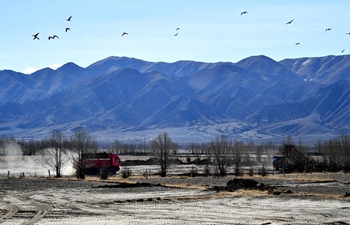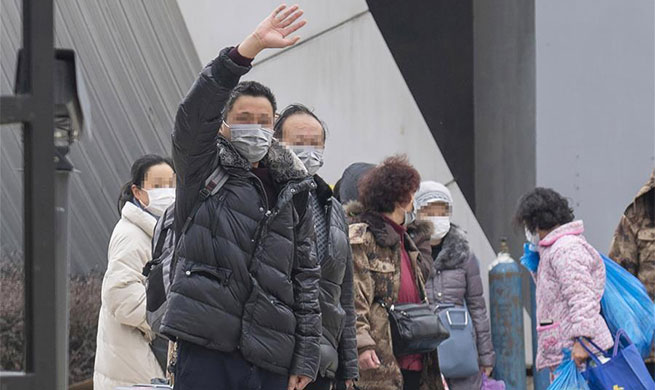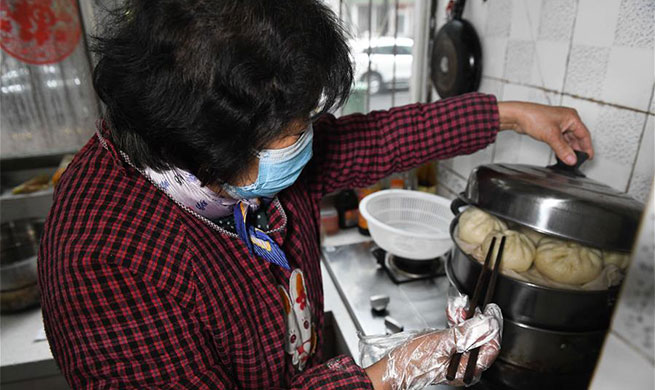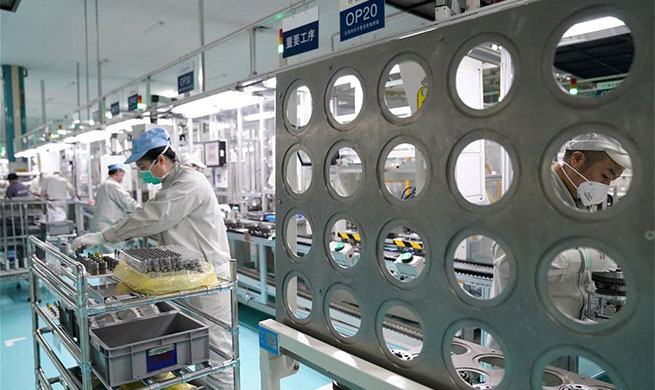CAIRO, March 1 (Xinhua) -- Egypt on Sunday rejected Ethiopia's recent statement justifying its absence from the talks over its giant Nile River dam project and its decline to sign a deal to settle the dispute.
Ethiopia's failure to attend the Feb. 27-28 ministerial meeting with Egypt and Sudan in the U.S. capital of Washington D.C. "deliberately" hindered the course of negotiations, the Egyptian ministries of foreign affairs and water resources said in a joint statement.
The statement cast doubt on Ethiopia's explanation that it needed more time to consider, "after more than five years of being fully engaged in intensified negotiations that tackled all dimensions and details of the issue."
Ethiopia, an upstream Nile Basin country, started building its Grand Ethiopian Renaissance Dam (GERD) in 2011 on the Blue Nile, raising concerns from downstream Egypt that the dam might affect its 55.5-billion-cubic-meter annual share of Nile water.
While the Ethiopian team did not show up in Washington, Egypt unilaterally initialed on Saturday a U.S.-sponsored agreement that was supposed to be signed by Egypt, Ethiopia and Sudan.
Ethiopian Foreign Ministry said in a statement on Saturday that "the text reportedly initialed by the Arab Republic of Egypt in Washington D.C. is not the outcome of the negotiation or the technical and legal discussion of the three countries."
It added that the guidelines and rules for filling and operating the GERD must be prepared by the three countries.
"Ethiopia as the owner of the GERD will commence first filling of the GERD in parallel with the construction of the Dam in accordance with the principles of equitable and reasonable utilization and the causing of no significant harm as provided for under the Agreement on the Declaration of Principles (DOP)," the ministry said.
Egypt's fellow downstream country Sudan eyes future benefits from the GERD construction despite Egyptian concerns.
The tripartite negotiations have been fruitless for years, and the U.S. recently sponsored fresh talks to push for an agreement that was supposed to be signed by the three parties in late February.
Filling the reservoir, whose total capacity is 74 billion cubic meters, may take several years. Egypt seeks to prolong the period to avoid the negative effects of water shortage, which is a main point of the talks.
The GERD is expected to produce over 6,000 megawatts of electricity and become Africa's largest hydropower dam upon completion.













